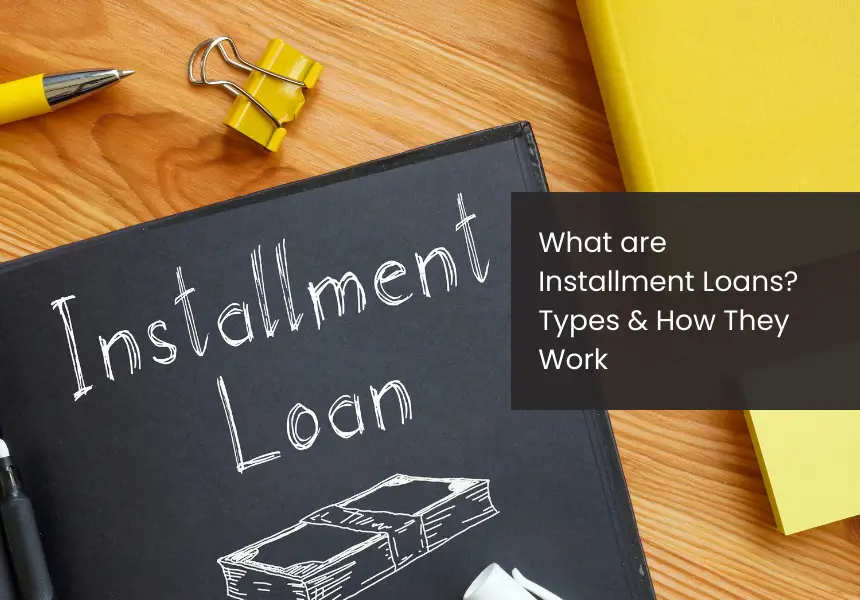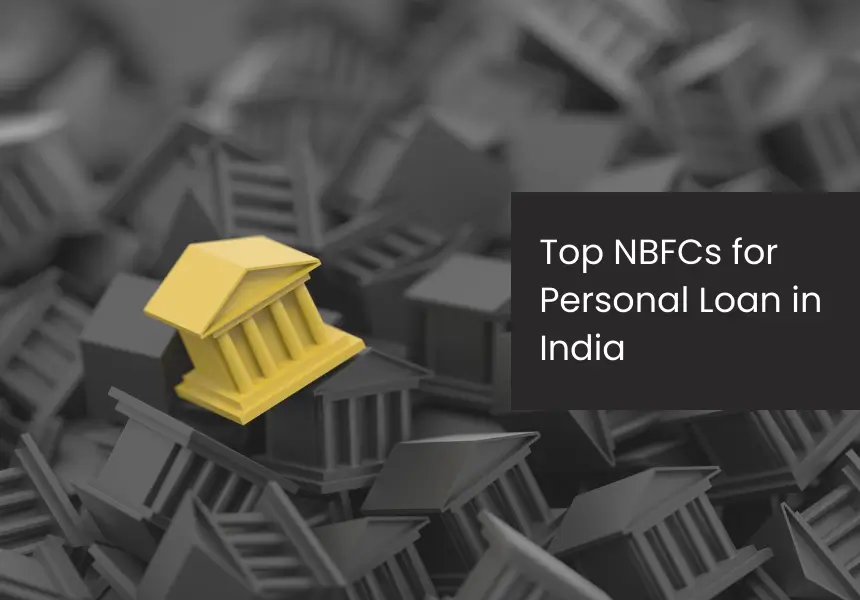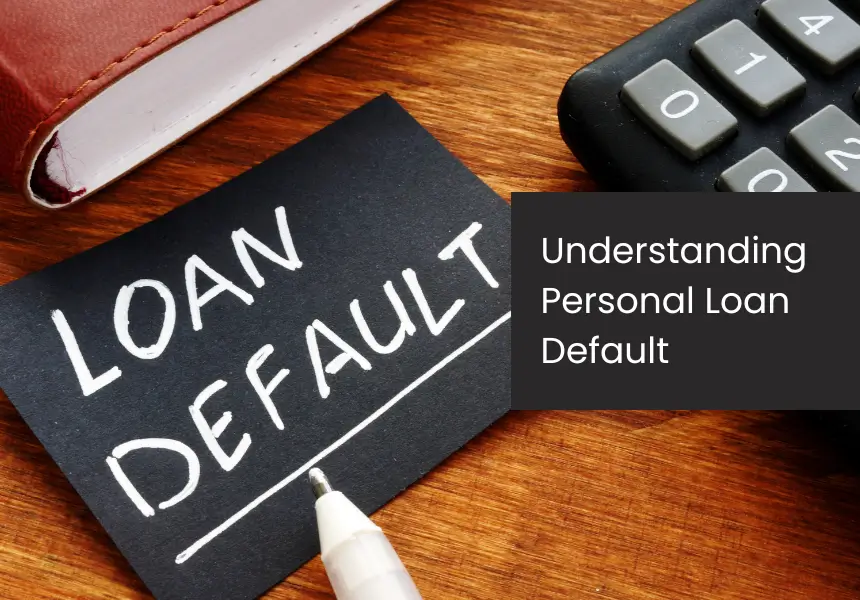Published on : June 14, 2024
Secured and unsecured loans are two main categories of loans with one major difference – the need for collateral.
For example, while buying your dream home, you may consider applying for a loan but notice that the interest rates on home loans are significantly lower than those on personal loans. Why is that? The answer lies in their categorization.
Home loans are secured loans backed by the property itself, while personal loans are unsecured, relying on your creditworthiness.
Here, we will explain the differences between secured and unsecured loans to help you make informed decisions. Whether you are planning to invest in a big expense or need money for personal use, it is important to understand these types of loans.
What is a Secured Loan?
A secured loan is backed by collateral, which can be an asset like a home, car, or any other valuable property. This collateral provides security to the lender, reducing their risk.
If you fail to repay the loan, the lender can seize the collateral to recover the amount. Because of this added security, secured loans typically have lower interest rates and higher borrowing limits.
Types of Secured Loans
Secured loans come in various forms, each customized to different financial needs and situations. Here are some common types of secured loans:
Mortgages: Perhaps the most well-known secured loan, a mortgage, is used to finance the purchase of a home. The property itself serves as collateral for the loan. Mortgages often have long repayment periods, spanning 15 to 30 years, and usually offer lower interest rates compared to unsecured loans.
Auto Loans: When you finance a vehicle purchase, the car itself acts as collateral for the loan. Auto loans usually have fixed interest rates and three to seven years of repayment terms. Like mortgages, auto loans often have lower interest rates due to the collateral involved.
Secured Personal Loans: Some lenders offer personal loans that are secured by collateral, such as a savings account, certificate of deposit (CD), or other assets. These loans may have lower interest rates and more favorable terms than unsecured personal loans, making them a good option for borrowers with valuable assets.
Home Equity Loans: A home equity loan lets you borrow against your home’s value (like a second mortgage). You can use a lump sum for anything like houses or other properties. The loan amount is based on your home’s current value.
Home Equity Lines of Credit (HELOCs): A HELOC (Home Equity Line of Credit) is a loan that works like a credit card for your home. You get a pre-approved credit limit based on your home’s equity, and you can borrow what you need up to that limit. HELOCs often have variable interest rates, so the monthly payment can change. Just like a credit card, you can repay and re-borrow funds as needed during a draw period. However, unlike a credit card, a HELOC has a fixed repayment term at the end, where you must settle the entire balance.
Secured Credit Cards: While not a traditional loan, secured credit cards are a form of credit that requires a security deposit. The deposit acts as collateral and determines the credit limit. Secured credit cards are often used to build or rebuild credit and may convert to unsecured cards after a period of responsible use.
What is an Unsecured Loan?
An unsecured loan, on the other hand, does not require any collateral. These loans are granted based on your creditworthiness, which is determined using factors like your credit score, income, and repayment history.
Types of Unsecured Loans
Unsecured loans offer flexibility and convenience as they are not backed by collateral, making them a popular choice for borrowers who do not want to risk their assets. Here are some common types of unsecured loans:
Personal Loans: Personal loans are versatile loans that can be used for various purposes, such as debt consolidation, home improvements, or unexpected expenses. They are based on your creditworthiness and income, with no collateral required.
Credit Cards: Credit cards are a form of unsecured credit that allows you to borrow money up to a certain limit. You can use credit cards for everyday purchases and pay off the balance by the due date. Interest rates on credit cards can vary widely based on your credit score and the card issuer.
Student Loans: Most student loans are unsecured and are used to finance higher education expenses. These loans often have favorable terms, such as low interest rates and flexible repayment options, to help students manage the cost of education.
Personal Lines of Credit: Similar to a credit card, a personal line of credit is a revolving credit account that allows you to borrow money up to a certain limit as needed. You only pay interest on the amount you borrow, making it a flexible borrowing option.
Consolidation Loans: Debt consolidation loans are used to combine multiple debts into a single loan with one monthly payment. These loans can help simplify your finances and may offer lower interest rates than your existing debts.
Difference between secured and unsecured loan
Choosing between a secured and unsecured loan depends on your financial situation and needs. Here’s a breakdown to help you decide:
| Feature | Secured Loan | Unsecured Loan |
| Collateral Requirement | Requires collateral (e.g., property, vehicle) | No collateral required |
| Interest Rates | Generally lower than unsecured loans | Usually higher than secured loans, but those with a good credit score may get competitive rates |
| Loan Amount | Usually higher limit, depending on the value of collateral | Based on borrower’s creditworthiness |
| Approval Process | Longer, involves appraisal of collateral | Faster, based on credit score and financial history |
| Risk to Borrower | Risk of losing collateral if unable to repay | No risk of asset loss, but may affect credit score |
| Loan Tenure | Often longer, providing more time to repay | Often shorter, with quicker repayment terms |
| Use of Funds | Used for large purchases or investments | Commonly used for personal expenses, debt consolidation |
| Examples | Mortgage, auto loan, home equity loan | Personal loan, credit card, student loan |
Secured vs Unsecured loan: Which is better?
When it comes to borrowing money, the choice between secured and unsecured loans can be important. While secured loans offer the advantage of lower interest rates and higher borrowing limits, unsecured loans have their own set of benefits that make them a favorable choice for many borrowers.
While both types of loans have their advantages and disadvantages, unsecured loans can be a better option for borrowers who do not want to risk their assets or need funds quickly. Unsecured loans offer flexibility, quick approval, and have no collateral requirements, making them a popular choice for many individuals.
Ultimately, the choice between secured and unsecured loans depends on your financial situation and borrowing needs. Unsecured loans may be your better option if you value flexibility and quick access to funds without risking your assets.
Conclusion
Choosing between secured and unsecured loans demands a thoughtful assessment of your financial circumstances and borrowing requirements. A personal loan can be a great option if you’re looking for a convenient way to access funds for various purposes.
With a reliable personal loan app, you can apply for a loan from the comfort of your home and get quick approval within minutes. By understanding the differences between these loan types and evaluating your priorities, you can make a well-informed decision that aligns with your financial goals.
Frequently Asked Questions
What are the advantages of a secured loan?
Secured loans usually offer lower interest rates and higher borrowing limits compared to unsecured loans. They can also be easier to qualify for as they require collateral.
What are the advantages of an unsecured loan?
Unsecured loans do not require any collateral, so you do not risk losing any assets if you are unable to repay the loan. The application process for an unsecured loan is also faster and less complex than for a secured loan.
How is my eligibility determined for an unsecured loan?
Eligibility for an unsecured loan is determined based on your credit score, income, employment status, and other financial factors. Lenders use this information to assess your creditworthiness and determine the terms of the loan.
How can I improve my chances of getting approved for an unsecured loan?
To improve your chances of getting approved for an unsecured loan, you can improve your credit score, reduce your debt-to-income ratio, and maintain a stable income and employment history.
Related Blogs

What are Installment Loans? – Types & How They Work
11/09/2024
![]()

Top NBFCs for Personal Loans in India
09/09/2024
![]()

Understanding Personal Loan Default
06/09/2024
![]()
Apply Using WhatsApp

